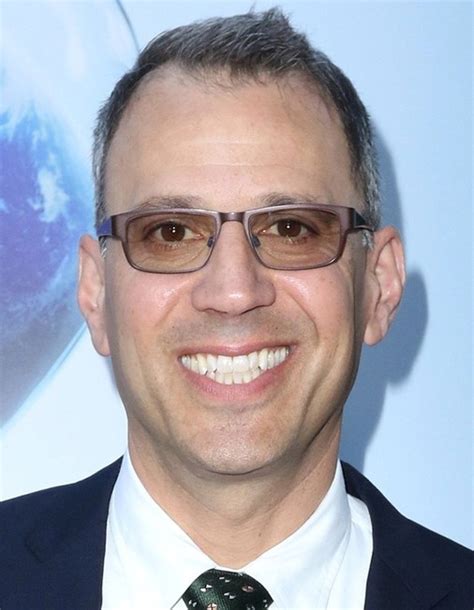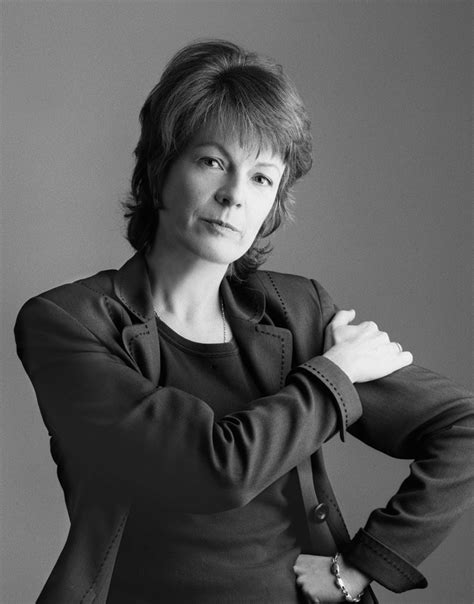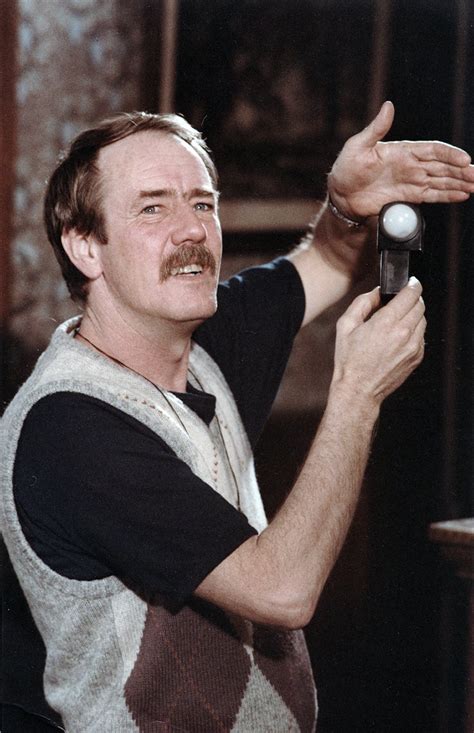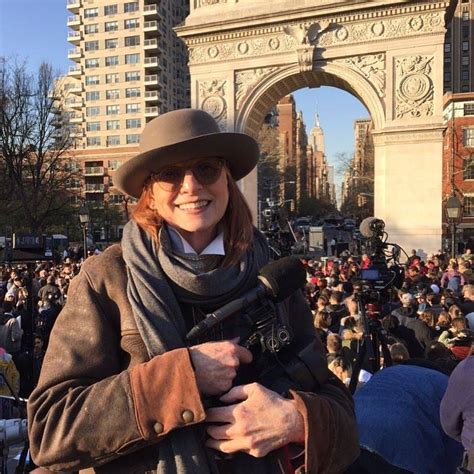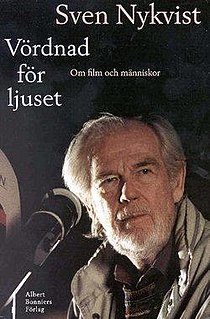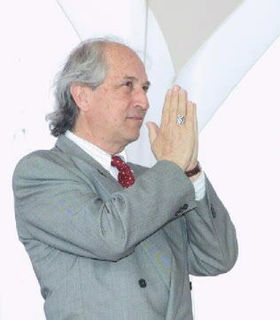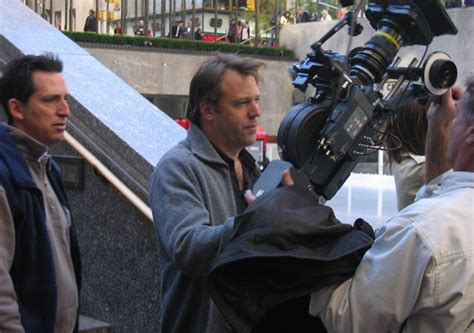A Quote by Christopher Doyle
I think the point of cinematography, of what we do, is intimacy.
Quote Topics
Related Quotes
I think the point of cinematography, of what we do, is intimacy. Is intent, is the balance between the familiar and the dream, it is being subjective and objective, it is being engaged and yet standing back and noticing something that perhaps other people didn’t notice before, or celebrating something that you feel is beautiful or valid, or true or engaging in some way.
Marriage is a way to avoid intimacy. It is a trick to create a formal relationship. Intimacy is informal. If a marriage arises out of intimacy it is beautiful but if you are hoping that intimacy will arise out of marriage, you are hoping in vain. Of course, I know that many people, millions of people, have settled for marriage rather than for intimacy - because intimacy is growth and it is painful.
Delirious as it can be, sex is only one kind of intimacy, and yet has become the cultural catchment area for all kinds of needs because our understanding of intimacy is so poor. Brutal work schedules, related geographic isolation, and the concomitant fracturing of families has meant that there is little time for intimacy, and even less to teach the necessary skills. But intimacy, the axis of romance, is slow, based on the sharing of a life rather than show. In terms of intimacy, folding laundry together or sharing the feeding of a child can have more impact than the most extravagant bouquet.
When you live in Israel, there are restrictions which come from budget definitely. I came to the point where I had shot many fiction, many feature films, but at one point it began to bore me. It was boring because when you're Gordon Willis or when you are a legend of American cinematography, you know that you are gradually building yourself and you can go into bigger budgets and experiment more. In Israel, the budgets are very, very limited.
I make films that are very personal, and I always have. It's kind of the only thing that I think I have to offer as a filmmaker: the intimacy I've had with experience in a particular world, so the film comes from things I've seen and things I've felt. It gets transformed by the process. I don't think I'd ever start making a film until I had both the intimacy with the subject and the distance to make it live in a certain way.























